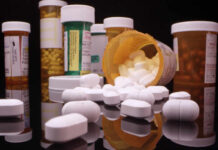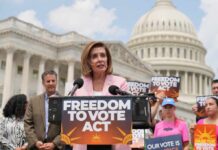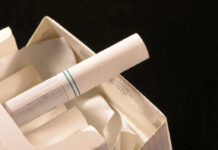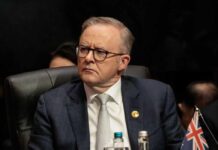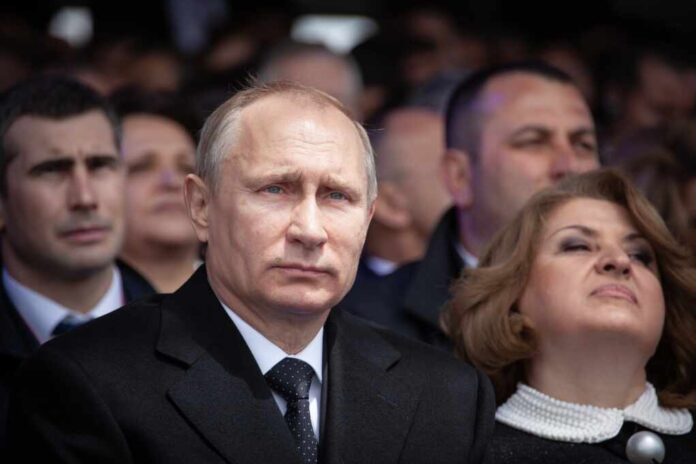
On Monday, Russian President Vladimir Putin conveyed to Israeli Prime Minister Benjamin Netanyahu his desire to assist in averting a humanitarian crisis in Gaza. Putin entered the Middle East conflict by engaging in numerous conversations with key regional leaders.
The Kremlin reported that Putin expressed Russia’s readiness to contribute to “ending the Palestinian-Israeli confrontation and achieving a peaceful settlement through political and diplomatic means.”
The summary of the conversation did not feature any reference to the ceasefire that Russia is pursuing through a proposed resolution in the United Nations Security Council.
Putin provided Netanyahu with an update on his discussions with the leaders of Iran, Egypt, Syria, and the Palestinian Authority.
The statement conveyed that there was unanimous agreement on the necessity for a swift ceasefire and the implementation of a humanitarian pause to promptly deliver aid to those in distress.
There was significant apprehension about the potential for the conflict to escalate into a broader regional conflict.
The crisis has, in part, shifted global focus away from Russia’s conflict in Ukraine. This has allowed Moscow to showcase its robust connections with major Middle East stakeholders and position itself as an advocate for peace and moderation.
Russia has consistently attributed the recent surge in violence in the Middle East to previous U.S. policy shortcomings, placing responsibility for the current circumstances on past failures.
Putin says Israel-Hamas conflict is 'failure of US policy' in the Middle East https://t.co/1Ry5we1SzB
— Fox News (@FoxNews) October 11, 2023
The Kremlin stated that Putin expressed his condolences to Netanyahu for the loss of more than 1,300 lives in a series of attacks initiated by the Hamas Islamist militant group in Gaza on October 7. Additionally, he informed Netanyahu about the measures Russia is taking to help stabilize the situation, prevent further violence escalation, and avert a humanitarian crisis in the Gaza Strip.
In response to the attacks, Israel has carried out ten days of heavy airstrikes, resulting in a reported 2,750 fatalities in Gaza, primarily among civilians. Putin stated last week that Israel had the right to self-defense but cautioned that a ground offensive in Gaza would result in an “absolutely unacceptable” number of civilian casualties.
According to Iranian state media, President Ebrahim Raisi informed Putin during their discussion that backing the Palestinian cause was Iran’s top foreign policy objective. However, he also emphasized that “resistance” groups made their independent decisions.
Raisi said, “There is a possibility of the conflict between Israel and Palestinians expanding to other fronts.”
Additionally, Putin engaged in conversations with Syrian President Bashar al-Assad, Palestinian President Mahmoud Abbas, and Egyptian President Abdel Fattah al-Sisi. In his discussion with President al-Sisi, he requested Cairo’s assistance in evacuating Russian citizens from the Gaza Strip.
Putin addressed matters concerning the Middle East and Ukraine during a televised meeting attended by officials, including intelligence heads and the defense minister.
Deputy Foreign Minister Sergei Ryabkov informed Putin that the situation was deteriorating, expressing concerns about the indiscriminate actions of the Israeli army. He added, “The threat is high that this whole conflict gets out of control.”


